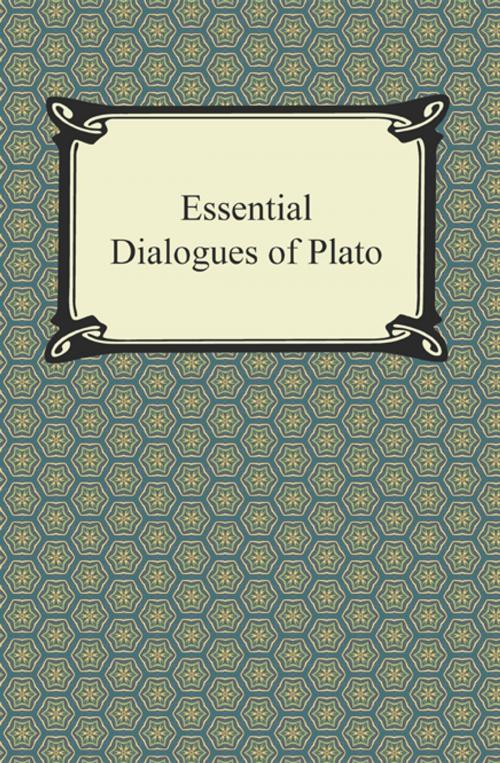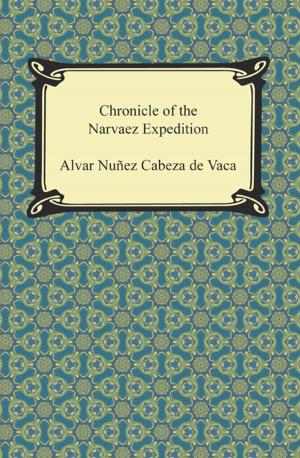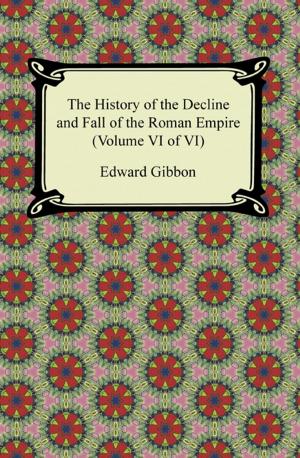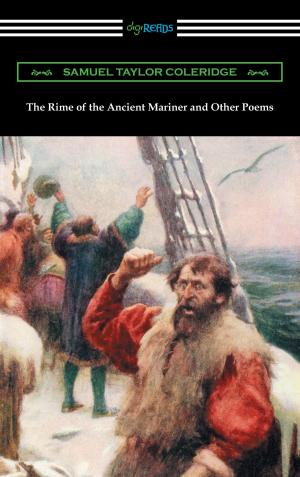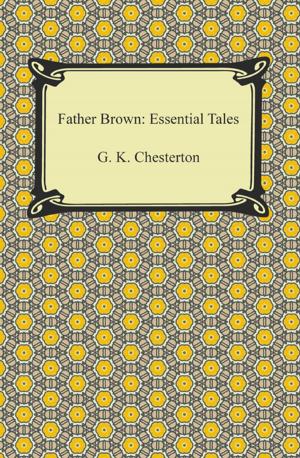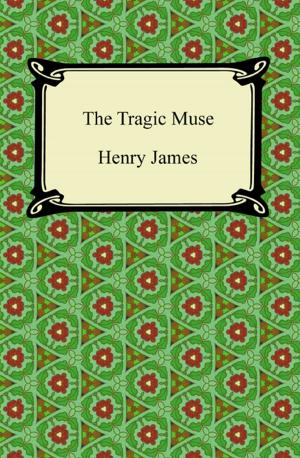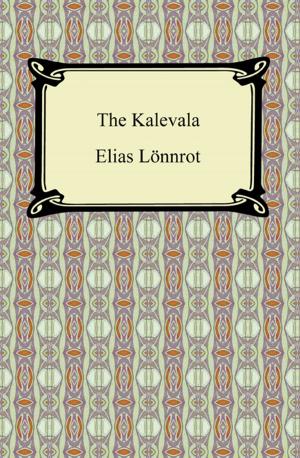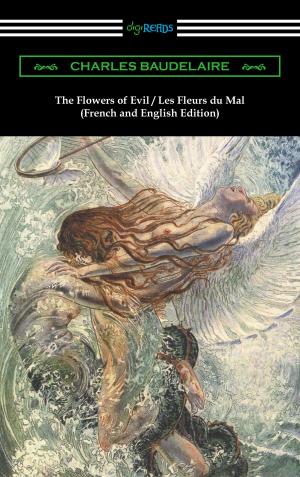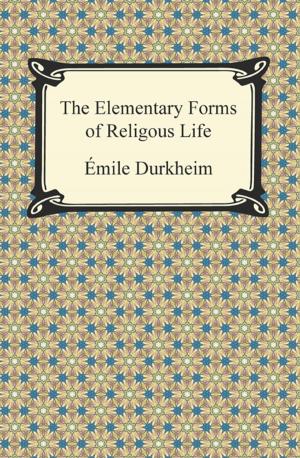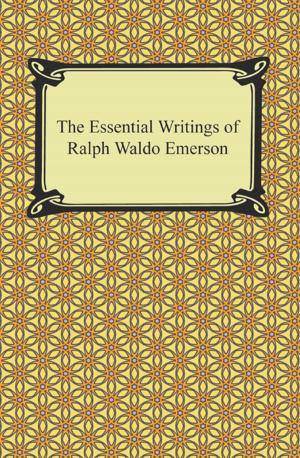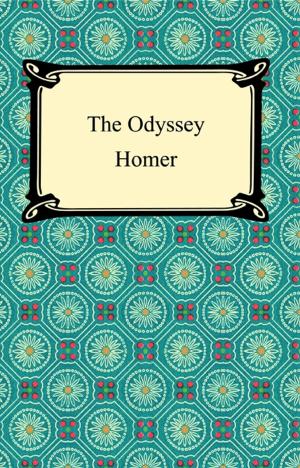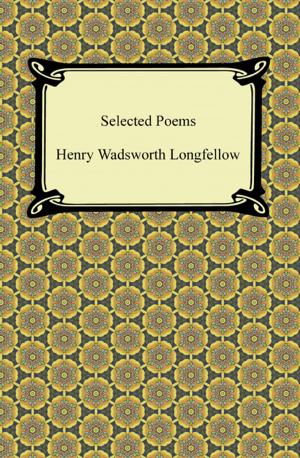| Author: | Plato | ISBN: | 9781420948257 |
| Publisher: | Neeland Media LLC | Publication: | December 15, 2009 |
| Imprint: | Digireads.com Publishing | Language: | English |
| Author: | Plato |
| ISBN: | 9781420948257 |
| Publisher: | Neeland Media LLC |
| Publication: | December 15, 2009 |
| Imprint: | Digireads.com Publishing |
| Language: | English |
Thirteen of Plato's most well-known dialogues are included in the collection "Essential Dialogues of Plato." Plato was a learned student of the early philosopher Socrates. Because Socrates did not write any works before his untimely death, Pluto took Socrates' beliefs and expressed them through imagined dialogues between the philosopher and his students. It was the first time in Western history that a philosophical dialectic between the teacher and student was developed. In the dialogues, Socrates and a student discuss multiple aspects of life through a similar structure. The student, in his ignorance, makes a wide, generalized statement, and Socrates then questions their thought processes. While Socrates was not trying to push his students into thinking a certain way, he wanted his students to discover their own truths through rational thinking and questioning the world. Plato showed this poignantly in his dialogues, which preserved his teacher's legacy while solidifying Plato himself as one of the most unique literary minds in early Western civilization. Plato not only fleshes out the characters and creates narrative story arcs in his dialogues, but he even injects humor and wit into his works. Some of the works included in this text are "Ion," "Gorgias," "Phaedrus," "Crito," and "Laws." "Essential Dialogues of Plato" is a must-read for any serious student of philosophy as well as those with an interest in Western values and beliefs.
Thirteen of Plato's most well-known dialogues are included in the collection "Essential Dialogues of Plato." Plato was a learned student of the early philosopher Socrates. Because Socrates did not write any works before his untimely death, Pluto took Socrates' beliefs and expressed them through imagined dialogues between the philosopher and his students. It was the first time in Western history that a philosophical dialectic between the teacher and student was developed. In the dialogues, Socrates and a student discuss multiple aspects of life through a similar structure. The student, in his ignorance, makes a wide, generalized statement, and Socrates then questions their thought processes. While Socrates was not trying to push his students into thinking a certain way, he wanted his students to discover their own truths through rational thinking and questioning the world. Plato showed this poignantly in his dialogues, which preserved his teacher's legacy while solidifying Plato himself as one of the most unique literary minds in early Western civilization. Plato not only fleshes out the characters and creates narrative story arcs in his dialogues, but he even injects humor and wit into his works. Some of the works included in this text are "Ion," "Gorgias," "Phaedrus," "Crito," and "Laws." "Essential Dialogues of Plato" is a must-read for any serious student of philosophy as well as those with an interest in Western values and beliefs.
